What is it? Why do I need it? Don't I get it from my diet?
Magnesium is a mineral found in food that is important in many chemical reactions in the body. The average American is often deficient in magnesium and even more so if they are an active individual. Magnesium is important in bone health, creating energy (ATP), and is a HUGE player in both muscle contraction and relaxation.
It has been reported that the average American only consumes about 66% of the recommended daily value of Magnesium. Other estimations have been made that more than 70% of Americans are actually deficient in Mg. This is due to the fact that Mg is found in highest concentrations in green leafy vegetables, nuts, and seeds, which are all too often lacking in the 'average' American diet. Magnesium is also depleted by alcohol consumption.
Many of our patients at Boulder Sports Chiropractic complain of muscle tightness and cramps. If you're feeling an increase in muscle pain it is important to supplement magnesium into your diet to aid muscle relaxation. Another common way to address this is to incorporate epsom salt baths in your weekly routine. Epsom salt is high in Mg, it dissolves in the water, and is absorbed through the skin to help with muscle tension.
In athletes, especially endurance athletes, you need to optimize muscle contraction and relaxation and energy production. A runner who is exercising for an hour is taking upwards of 10,000 steps and is relying on proper muscle contraction for optimal performance. One hour of running is going to also require help from multiple energy systems (depending on intensity) to keep the motor running.
Common signs of magnesium deficiency include muscle spasms, cramps, restless leg, anxiety, abnormal heart rhythms, headaches, insomnia, fatigue, and hypertension.
There are different forms/types of magnesium supplements, which one is right for me?
· Magnesium Oxide - The bottom of the barrel. Poorly absorbed, strong laxative effect
· Magnesium Citrate - effectively absorbed by the body, mild laxative effect if too much is taken
· Magnesium Glycinate - effectively absorbed, shown to have a calming effect and good for muscle relaxation, no laxative effect
· Magnesium Threonante - effectively absorbed - shown to have calming effect and improve memory
If you are dealing with whole body tightness, muscle spasms, headaches, trouble falling asleep, etc. - then supplementing with Magnesium Glycinate can be a game changer. Most patients benefit from taking the recommended dose on the bottle 1 hour before bedtime. While you can get magnesium from your diet, if you are in a depleted state it can be really hard to eat enough green leafy vegetables, nuts, or seeds to get you back to a normal level.
If you are suffering from leg pain and muscle cramping or if you would like to learn more about how vitamins and supplements can benefit your health and physical performance, schedule an appointment with one of our sports chiropractors at Boulder Sports Chiropractic by calling or emailing the office.
Magnesium Glycinate is sold in the office and is available at your local vitamin store.
